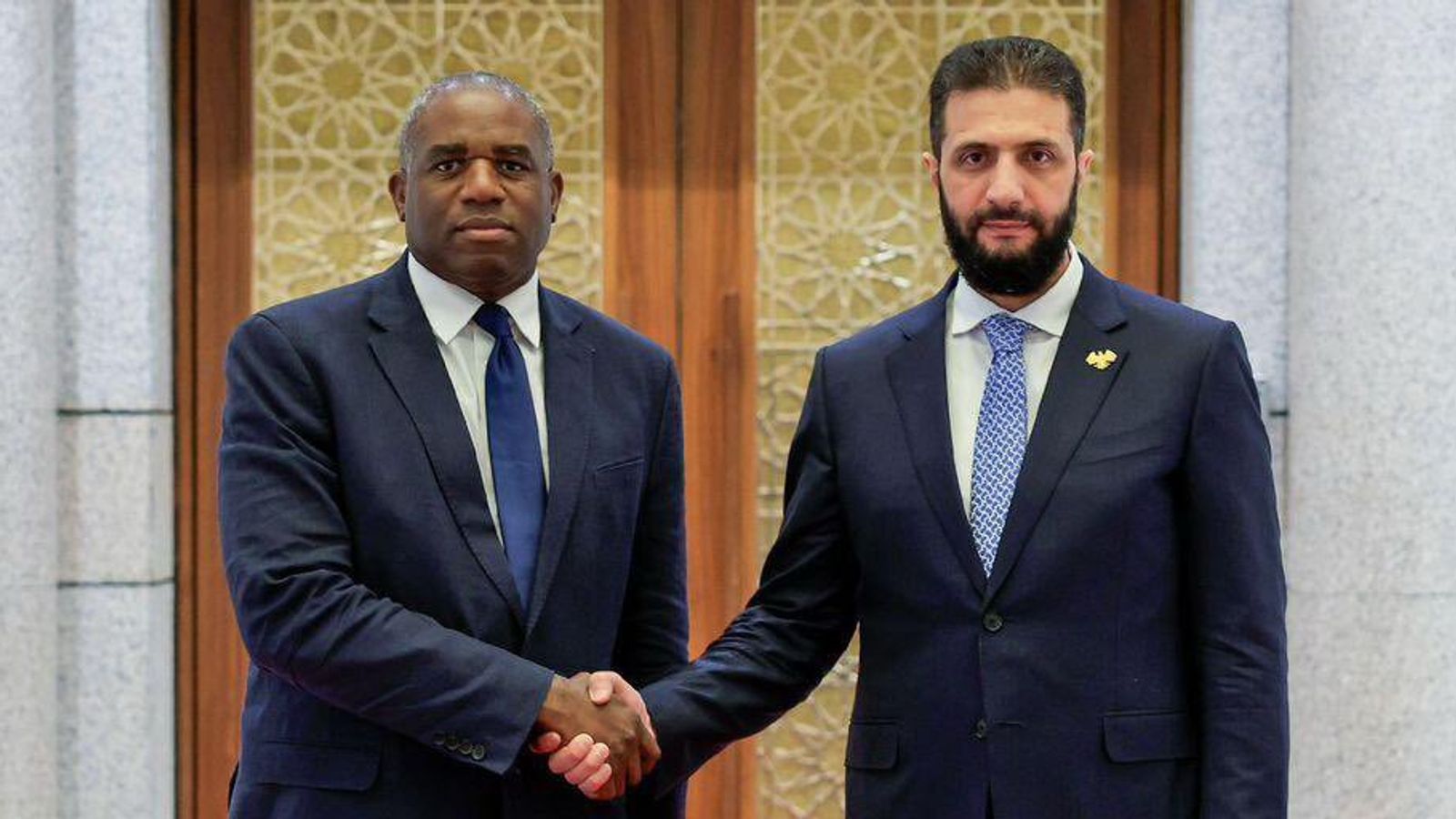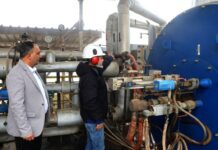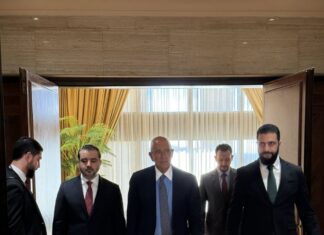
Despite ongoing challenges, Syria remains a promising market for foreign investment, according to a recent report by the UK Department for Business and Trade. The report praised the Syrian government’s efforts to stabilize and revive the national economy through a series of structural reforms.
It noted that while Syria is currently classified as a low-to middle-income nation, the country is witnessing renewed business activity and optimism as displaced Syrians continue to return home and economic reconstruction gains momentum.
Trade Exchange Between Syria and the UK
Official UK data showed a marked improvement in trade between Syria and the UK, with total trade volume reaching £6 million by the end of the first quarter of 2025. This represents a notable recovery after years of stagnation reflecting growing confidence in Syria’s market potential.
The report identified several sectors ripe with opportunity, led by reconstruction and infrastructure. It highlighted urgent investment needs in water networks, housing, telecommunications, and energy infrastructure, which are central to rebuilding national capacity.
The healthcare sector was also cited as one of the most promising areas for foreign participation. With a shortage of hospitals, medical equipment, and pharmaceuticals, Syria presents broad prospects for investment in hospital construction, medical supply chains, and specialized training programs for health professionals.
In addition, the report described the financial sector as a strategic area requiring comprehensive reform. This, it said, creates a window for British companies with expertise in banking reform, financial consulting, investment banking, and currency management to play an advisory and developmental role.
Investment Law and Policy Updates
The report emphasized that Syria’s market conditions are especially favorable for medium and large companies with prior experience in the Middle East and North Africa. It recommended that potential investors consider entry strategies such as forming joint ventures with local firms, opening direct branches, or partnering with established agents and distributors. Significant amendments to the Syrian Investment Law in 2025 have also improved the country’s business climate.
These changes placed the Syrian Investment Authority under direct presidential supervision to enhance efficiency, strengthened intellectual property protections, and created one-stop service centers to streamline licensing procedures. The law additionally introduced tax and customs incentives for agriculture, tourism, and transportation projects, as well as new arbitration and legal frameworks aligned with international standards.
Strengthening Global Economic Ties
The report concluded by emphasizing Syria’s reintegration into the global economy, noting its accession to the Paris Agreement and the World Intellectual Property Organization (WIPO). These steps, it said, reinforce Syria’s credibility as an emerging economic partner and signal a clear commitment to international cooperation and sustainable development.








